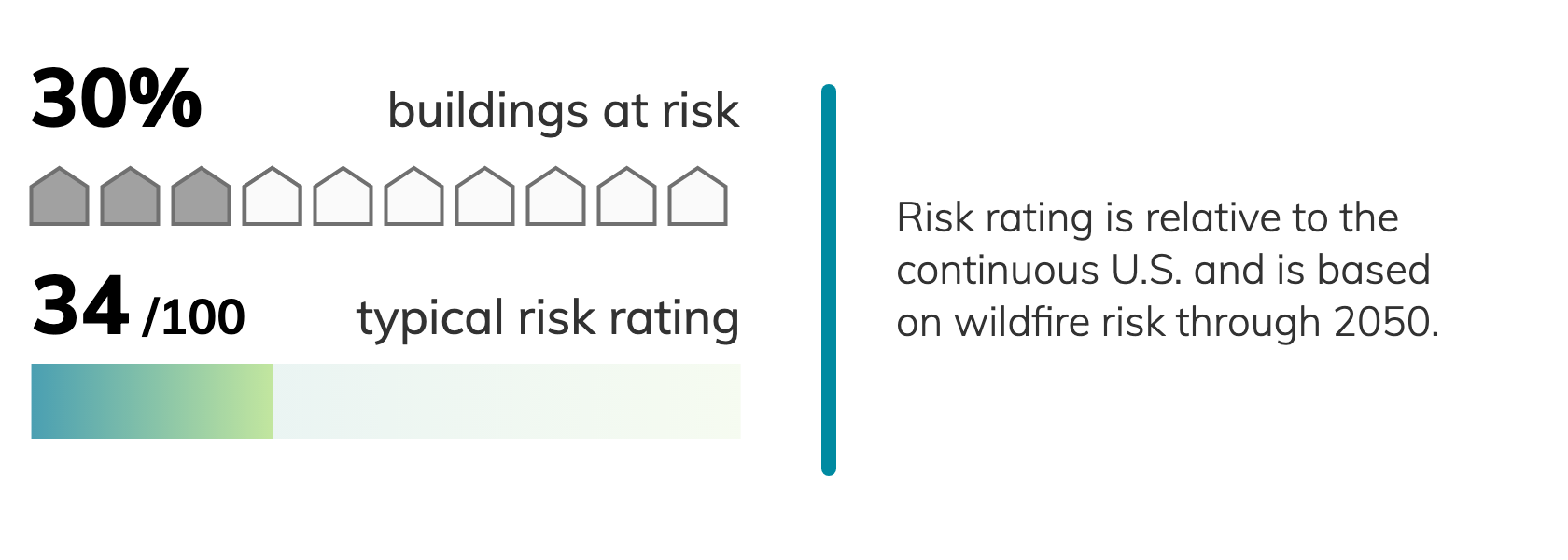South Sudan, US Collaborate On Deportees' Repatriation

Table of Contents
The Scale and Scope of the Repatriation Program
The repatriation program for South Sudanese deportees is a large-scale operation, involving a considerable number of individuals deported from the US and other countries. Understanding the magnitude of this undertaking is crucial for effective resource allocation and program planning. The sheer number of individuals requiring repatriation highlights the significant logistical complexities involved.
- South Sudan deportation statistics: While precise figures fluctuate yearly, data from [cite relevant source, e.g., UNHCR, IOM reports] reveals a substantial number of deportations over the past few years. [Insert specific numbers and relevant data if available].
- Geographical origins within South Sudan: Deportees originate from diverse regions across South Sudan, further complicating the logistical challenges of transportation and resettlement. [Provide details on regional distribution if available].
- Demographics of deportees: The demographics of those being repatriated vary, encompassing individuals of different ages, genders, and backgrounds, each with unique needs and vulnerabilities. [Include details on age ranges, gender ratios, and other demographic information if available].
- Logistical complexities: Coordinating a large-scale repatriation operation requires meticulous planning and international collaboration. This includes securing transportation, coordinating with receiving authorities in South Sudan, and ensuring the safe passage of deportees. Funding from various sources, including the US government and international organizations, is essential to support this complex undertaking. Keywords: South Sudan deportation statistics, repatriation program South Sudan, US South Sudan repatriation.
Challenges Faced in the Repatriation Process
The repatriation process for South Sudanese deportees faces numerous obstacles that necessitate careful consideration and proactive solutions.
- Security concerns: Ongoing conflicts and instability in certain regions of South Sudan pose significant security risks, hindering safe transportation and resettlement efforts. [Specify regions and explain the security concerns in detail].
- Identity verification and family tracing: Verifying the identities of deportees and tracing family members can be challenging, particularly in regions with limited documentation or disrupted communication networks. [Explain the methods used to verify identity and locate family members].
- Healthcare and support services: Providing adequate healthcare and other essential support services upon arrival is paramount. Deportees may require medical attention, shelter, food, and psychosocial support. [Describe the types of support provided].
- Funding limitations and resource constraints: The financial resources required for a successful repatriation program are substantial. Limited funding can constrain the scope and effectiveness of the program. [Discuss funding sources and potential gaps].
- Impact of ongoing conflicts: The ongoing conflicts within South Sudan directly affect repatriation efforts by creating insecurity and disrupting access to key areas. [Explain how conflicts hinder the process]. Keywords: South Sudan repatriation challenges, obstacles to repatriation, South Sudan security concerns, humanitarian aid South Sudan.
The Role of the US in Facilitating Repatriation
The US government plays a crucial role in facilitating the repatriation of South Sudanese deportees through various forms of support.
- Financial assistance: The US provides substantial financial assistance for transportation costs, resettlement programs, and essential support services for returnees. [Specify types of financial aid and amounts if available].
- Technical expertise: The US offers technical expertise in logistics, coordination, and program management to enhance the efficiency and effectiveness of the repatriation efforts. [Explain the type of technical expertise provided].
- Humanitarian aid: The US provides humanitarian aid to deportees upon their return, addressing immediate needs for food, shelter, and medical care. [Detail the humanitarian aid provided].
- International collaboration: The US actively collaborates with international organizations such as the UNHCR and IOM to coordinate repatriation efforts and provide comprehensive support to returnees. [Describe the collaboration with international organizations]. Keywords: US aid South Sudan, US South Sudan cooperation, US humanitarian assistance, international aid South Sudan.
Successes and Positive Outcomes of the Collaboration
Despite the challenges, the collaborative initiative between the US and South Sudan has achieved notable successes in repatriating South Sudanese citizens.
- Successful repatriation operations: [Provide specific examples of successful repatriation operations, including numbers of individuals repatriated and the specific locations].
- Positive outcomes for returnees: The repatriation program has facilitated access to healthcare, shelter, and reintegration programs for a significant number of returnees. [Provide specific examples and data to illustrate positive outcomes].
- Quantifiable impact: [Provide quantitative data demonstrating the positive impact of the program, such as the number of individuals successfully repatriated and reintegrated into their communities]. Keywords: South Sudan repatriation success, successful repatriation cases, positive outcomes South Sudan repatriation.
Sustainable Reintegration Strategies
Sustainable reintegration of returnees into their communities is crucial for long-term success. South Sudan is implementing various strategies to ensure this.
- Job creation initiatives: [Describe the initiatives aimed at creating job opportunities for returnees].
- Skills training programs: [Explain the types of skills training programs offered to help returnees find employment].
- Community support networks: [Detail the efforts to build community support networks to assist returnees in their reintegration]. Keywords: South Sudan reintegration programs, sustainable development South Sudan, post-repatriation support.
Conclusion
The collaboration between South Sudan and the US on the repatriation of deportees is a complex but essential undertaking. While significant challenges persist, the joint effort demonstrates a commitment to addressing a critical humanitarian issue. The successful repatriation of South Sudanese citizens hinges on continued international cooperation, sustained funding, and the effective implementation of reintegration strategies. To learn more about this vital program and how you can contribute, research ongoing initiatives related to South Sudan deportees repatriation. We must work together to ensure the safe and dignified return of all South Sudanese deportees.

Featured Posts
-
 The Zuckerberg Trump Dynamic Impact On Tech And Politics
Apr 22, 2025
The Zuckerberg Trump Dynamic Impact On Tech And Politics
Apr 22, 2025 -
 Search Monopoly Case Google And Doj Head Back To Court
Apr 22, 2025
Search Monopoly Case Google And Doj Head Back To Court
Apr 22, 2025 -
 Unintended Consequences Examining The Price Of Trumps Economic Vision
Apr 22, 2025
Unintended Consequences Examining The Price Of Trumps Economic Vision
Apr 22, 2025 -
 Is Betting On Natural Disasters Like The Los Angeles Wildfires The New Normal
Apr 22, 2025
Is Betting On Natural Disasters Like The Los Angeles Wildfires The New Normal
Apr 22, 2025 -
 88 Year Old Pope Francis Dies After Pneumonia Struggle
Apr 22, 2025
88 Year Old Pope Francis Dies After Pneumonia Struggle
Apr 22, 2025
